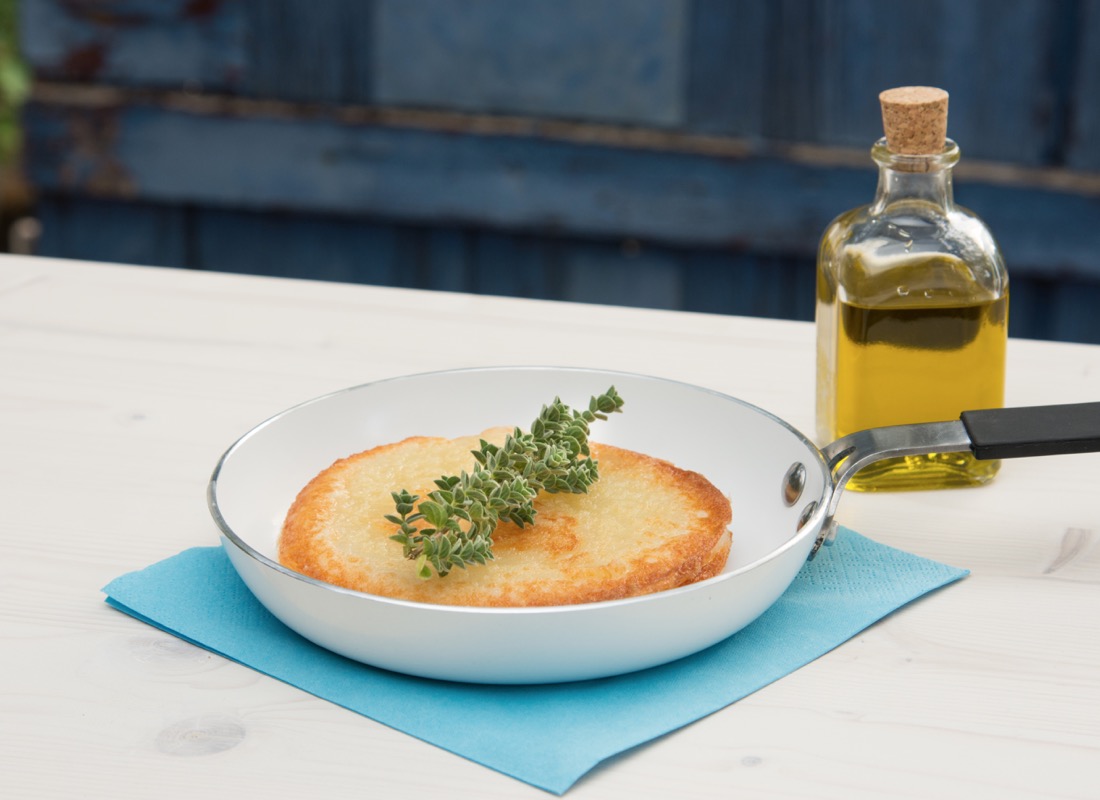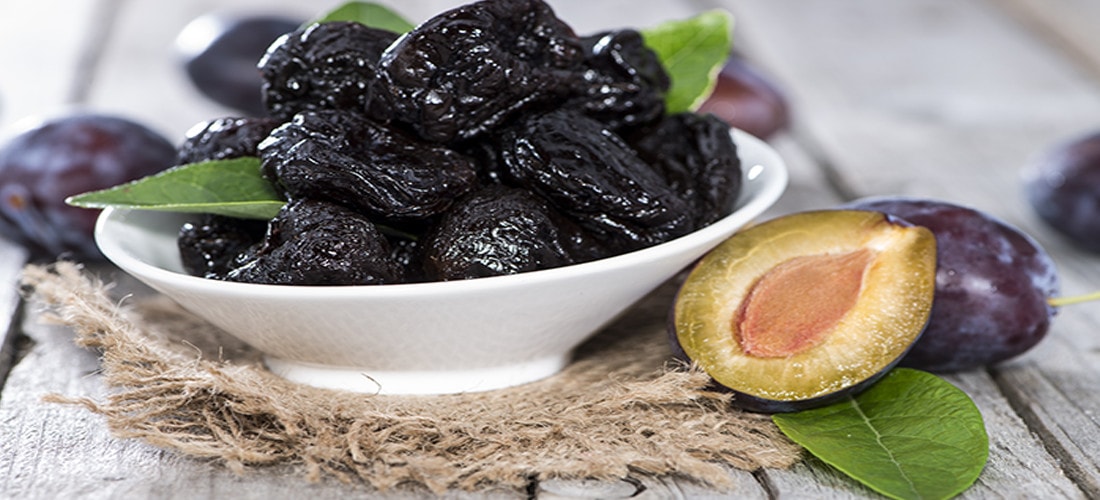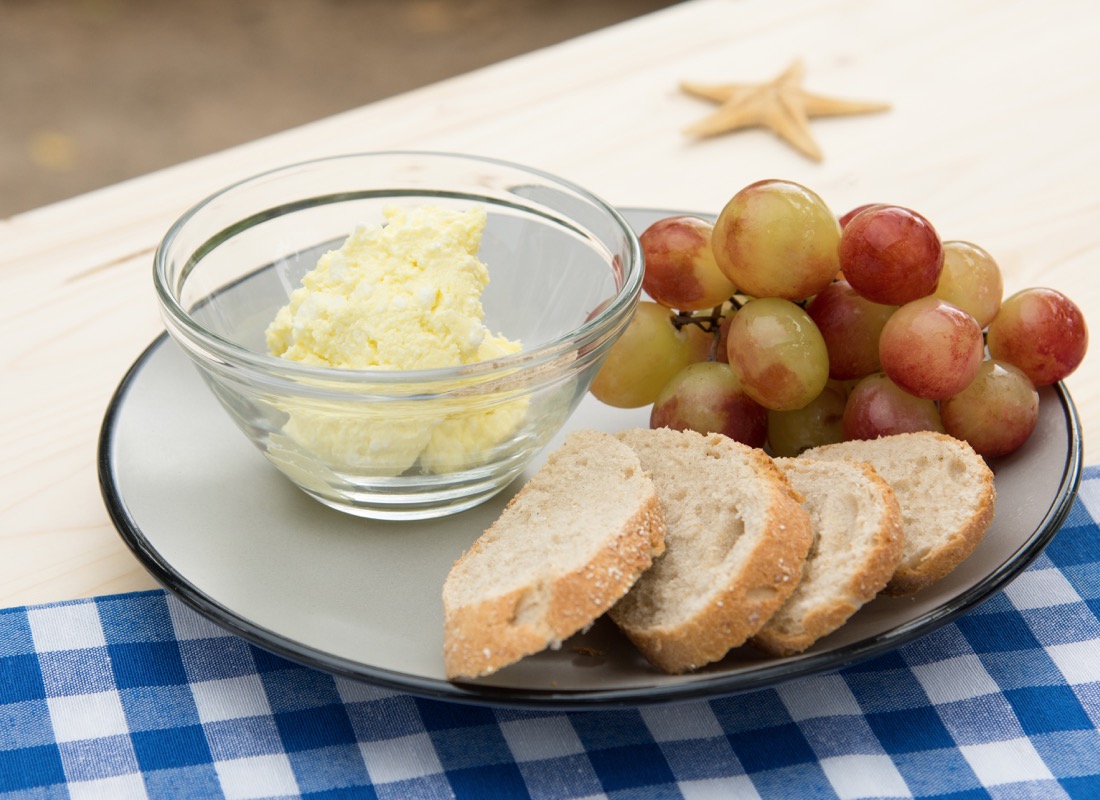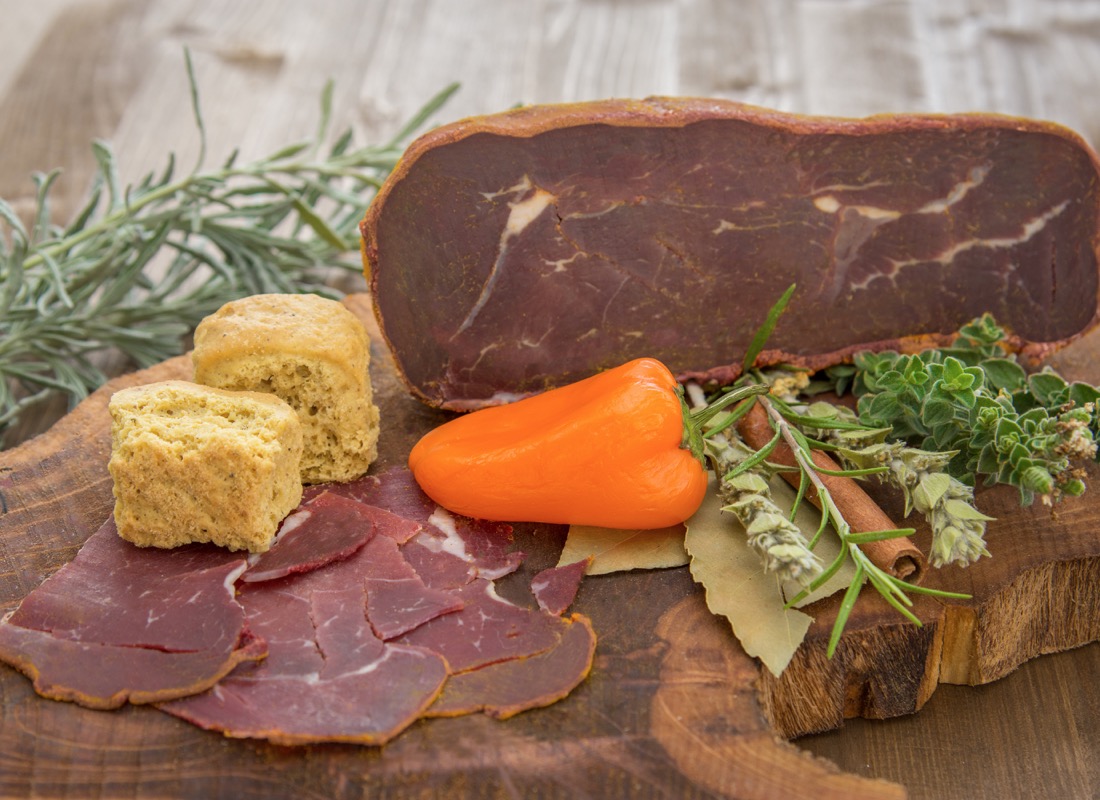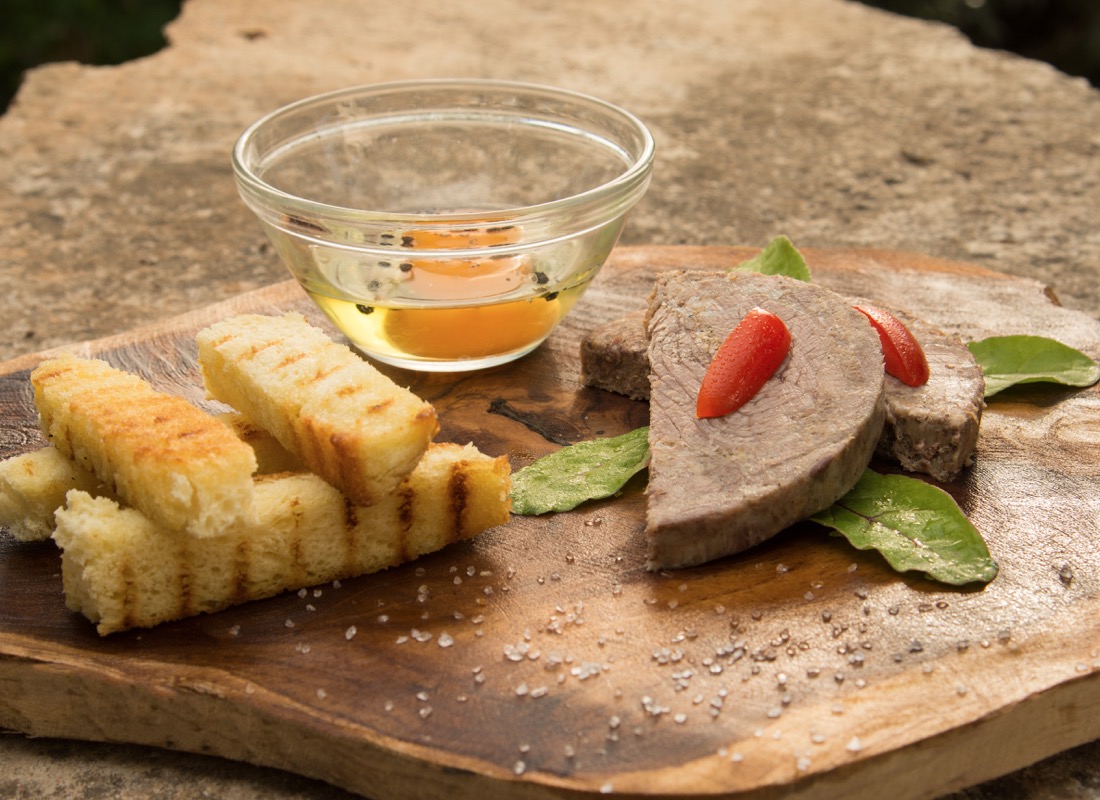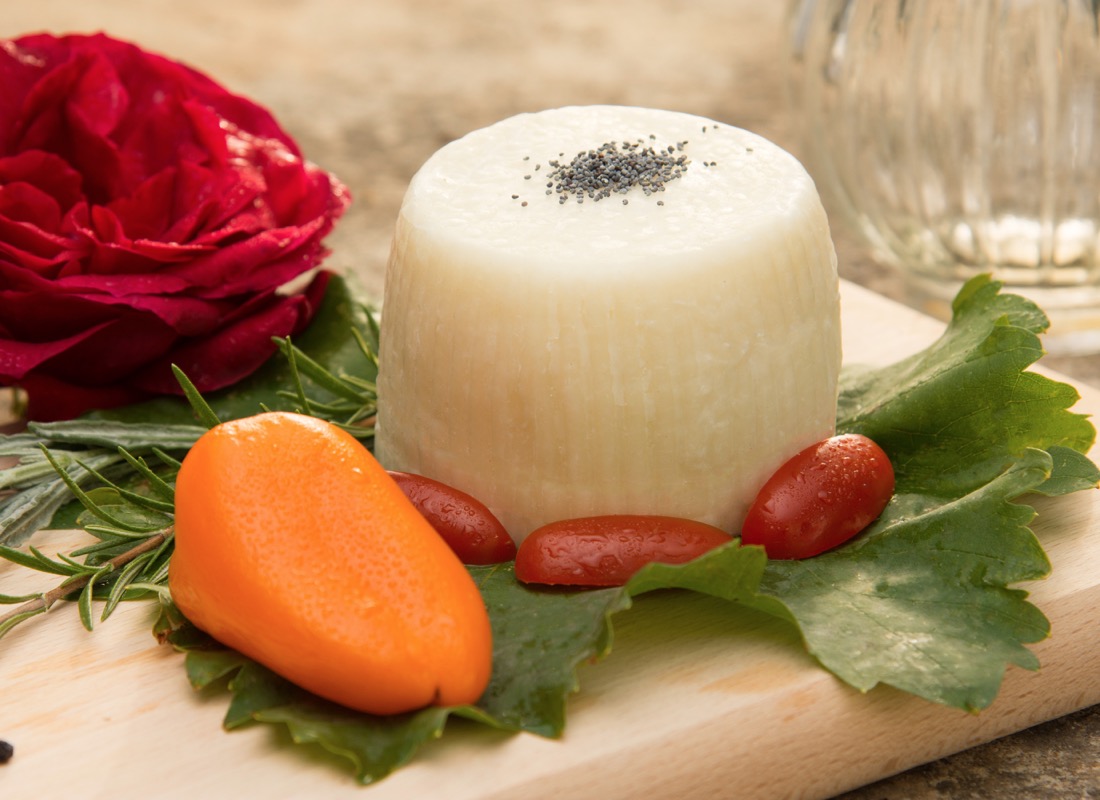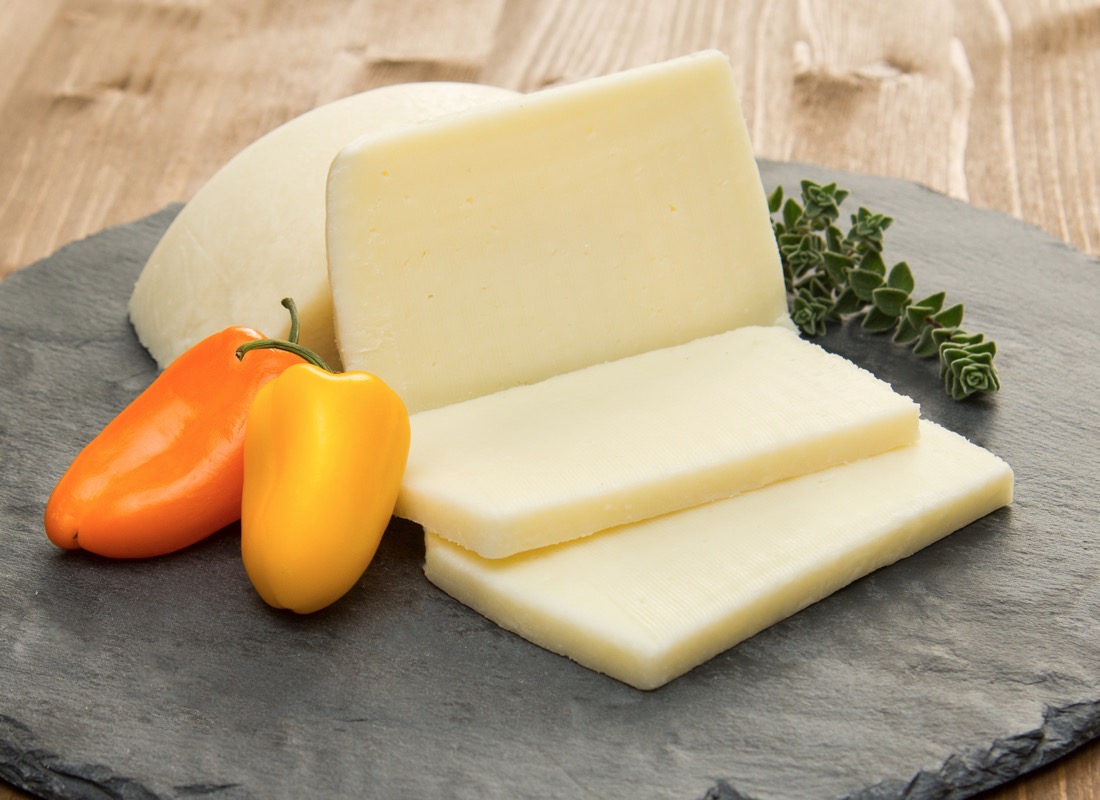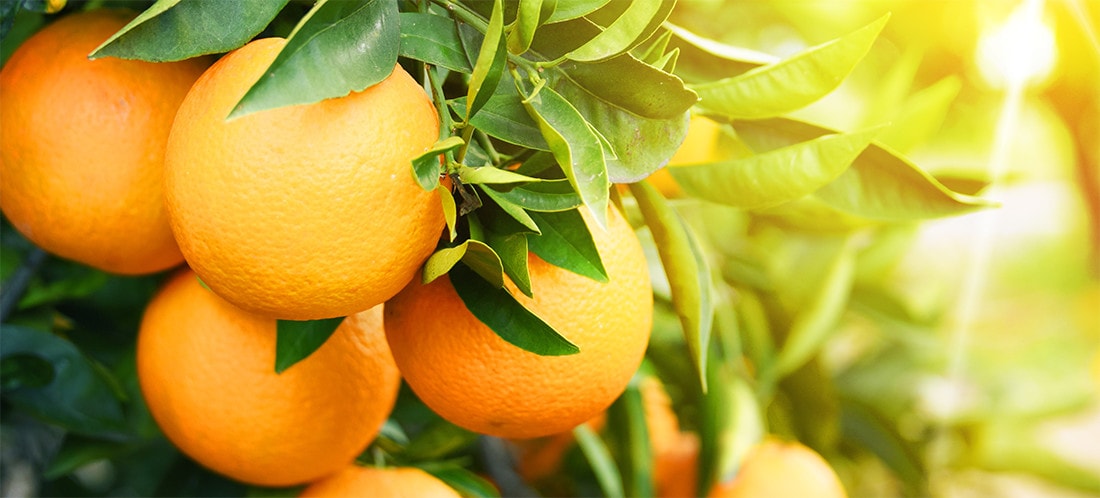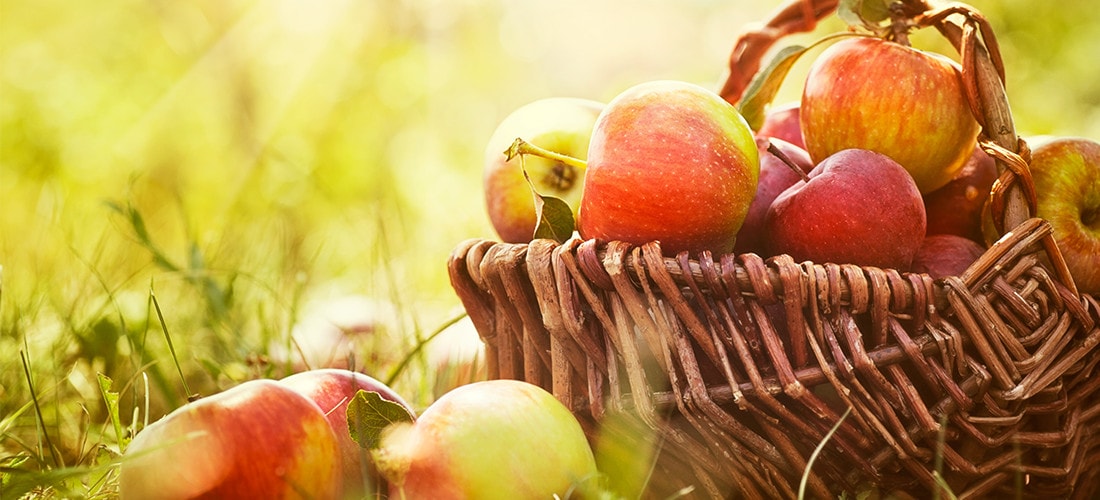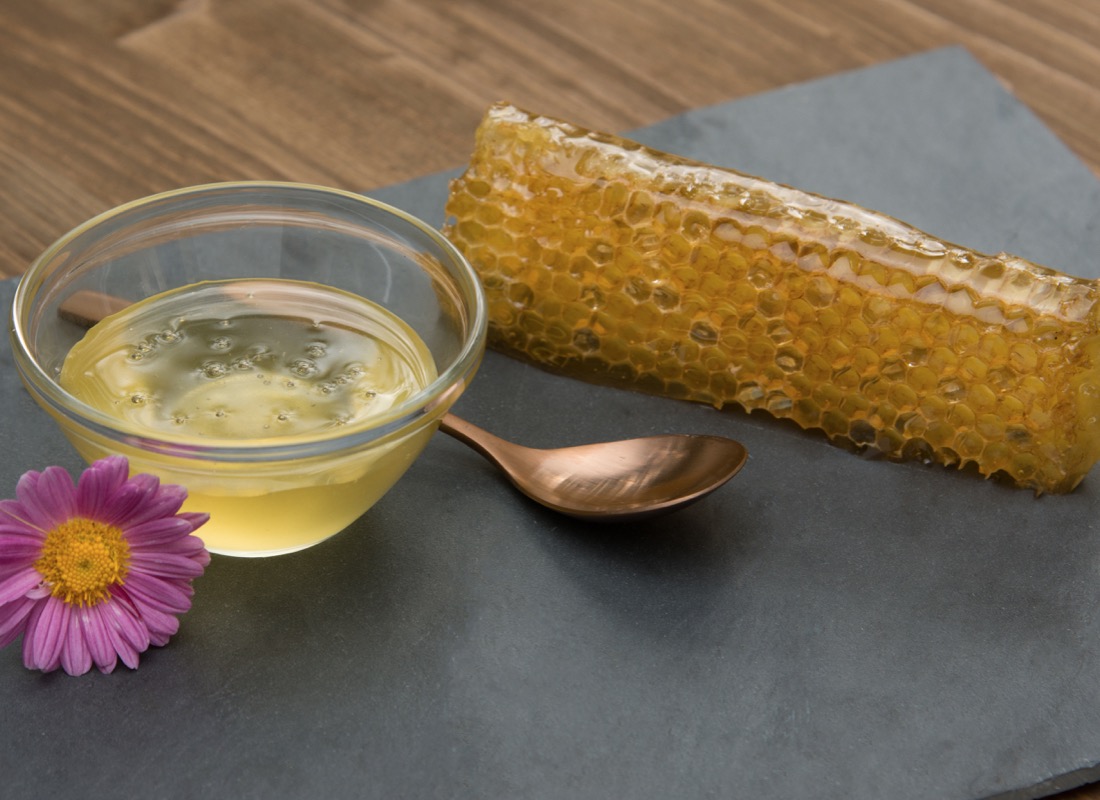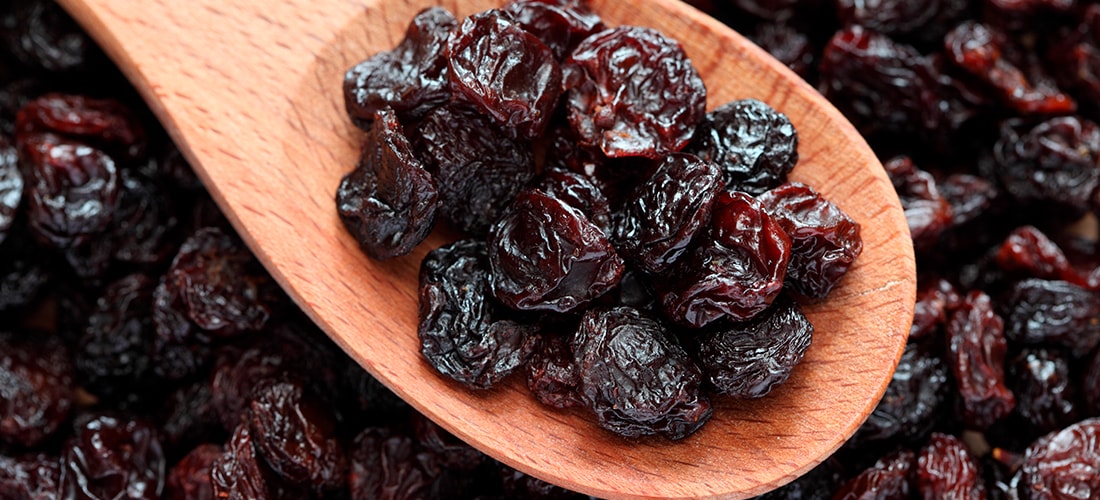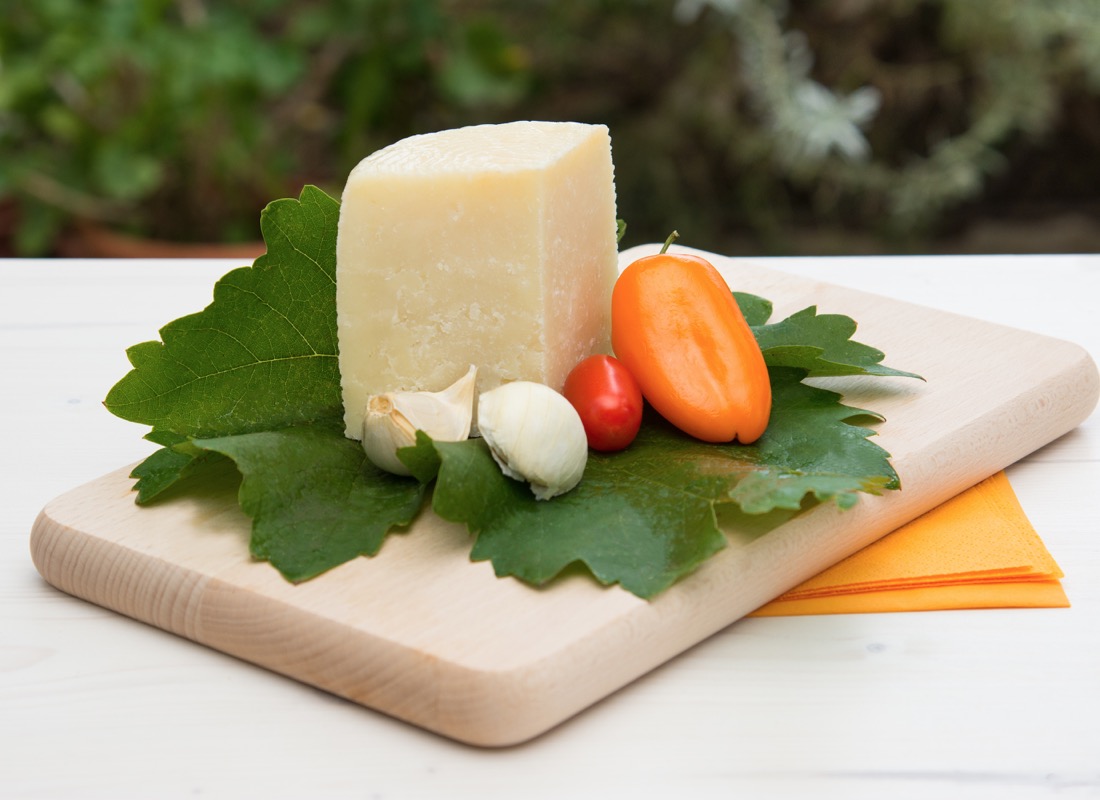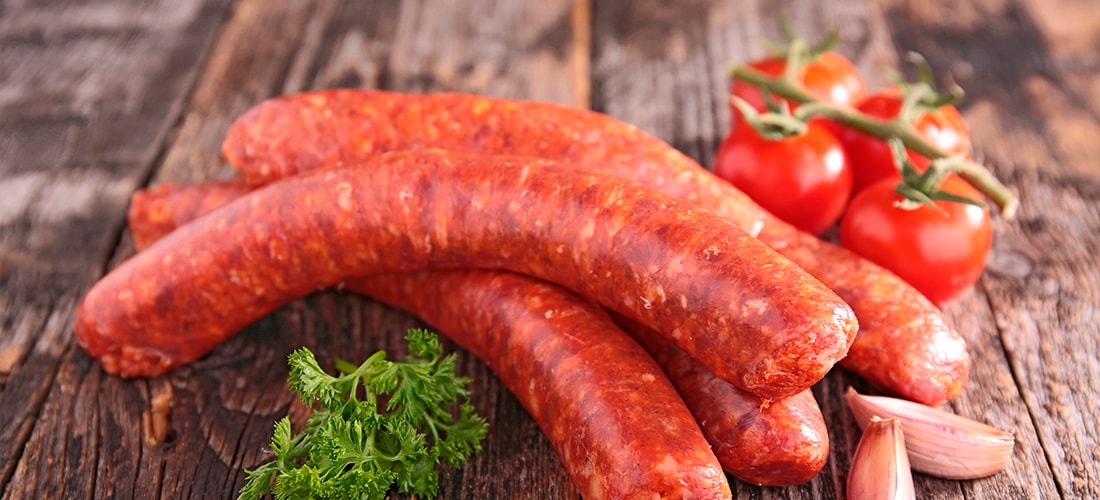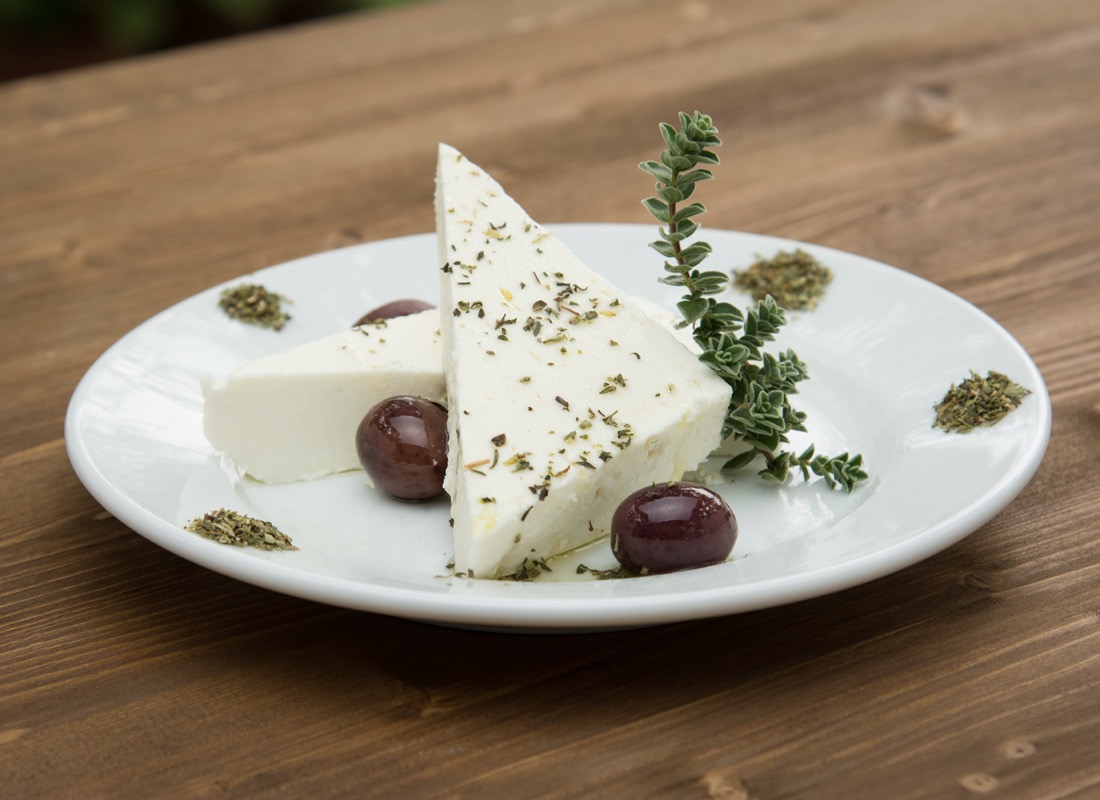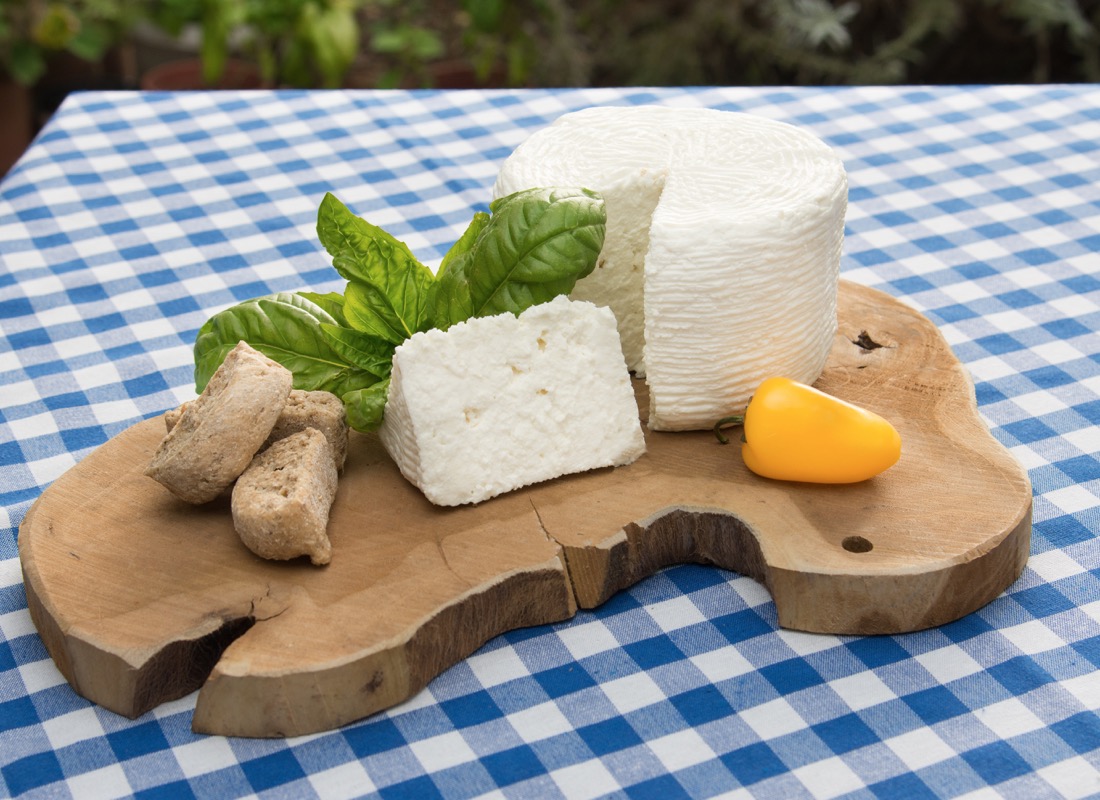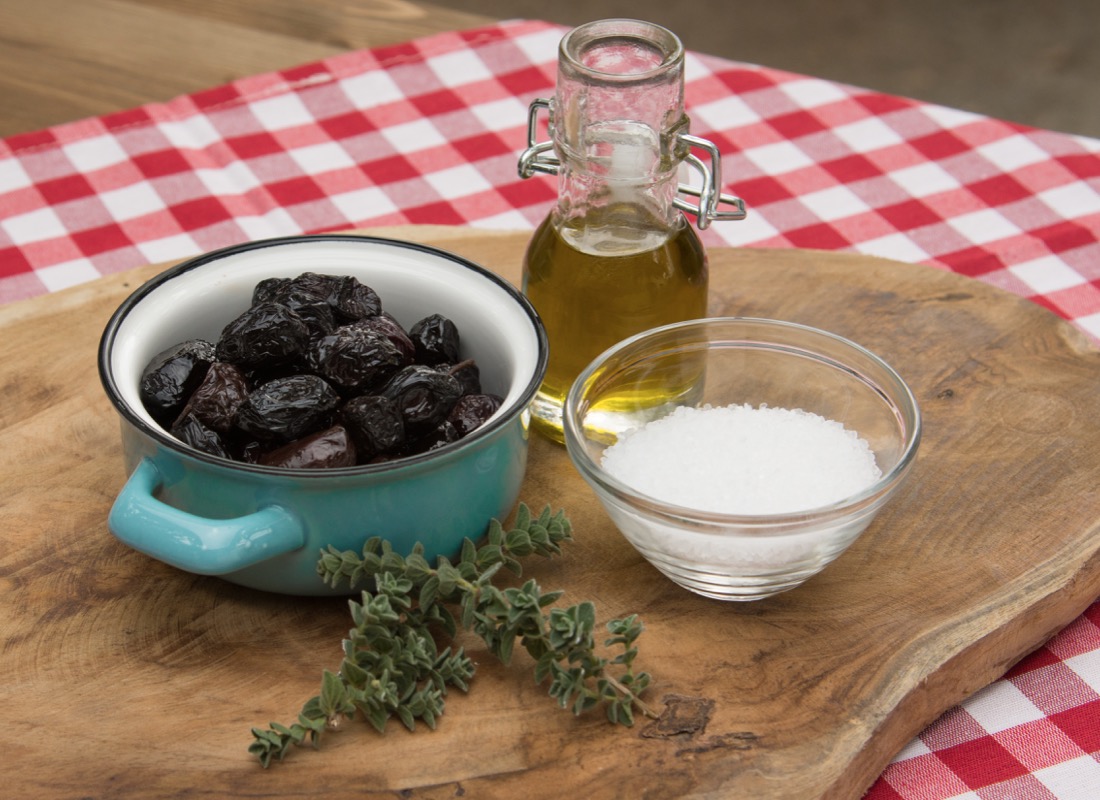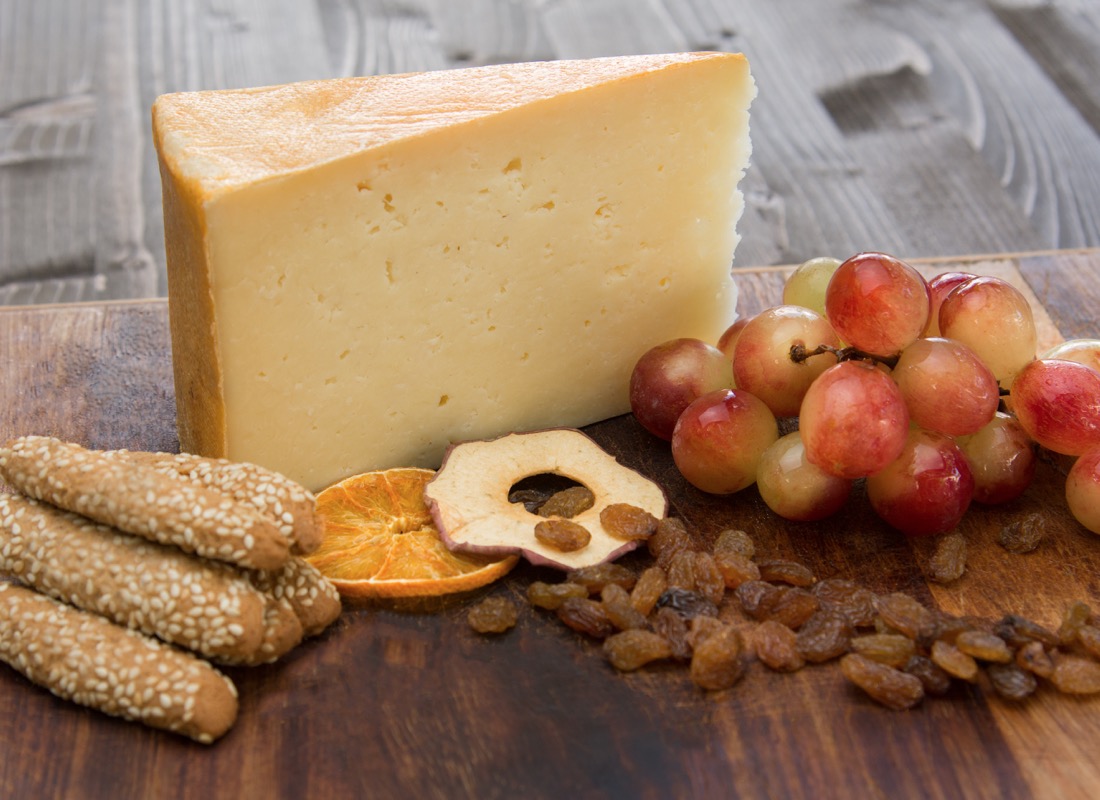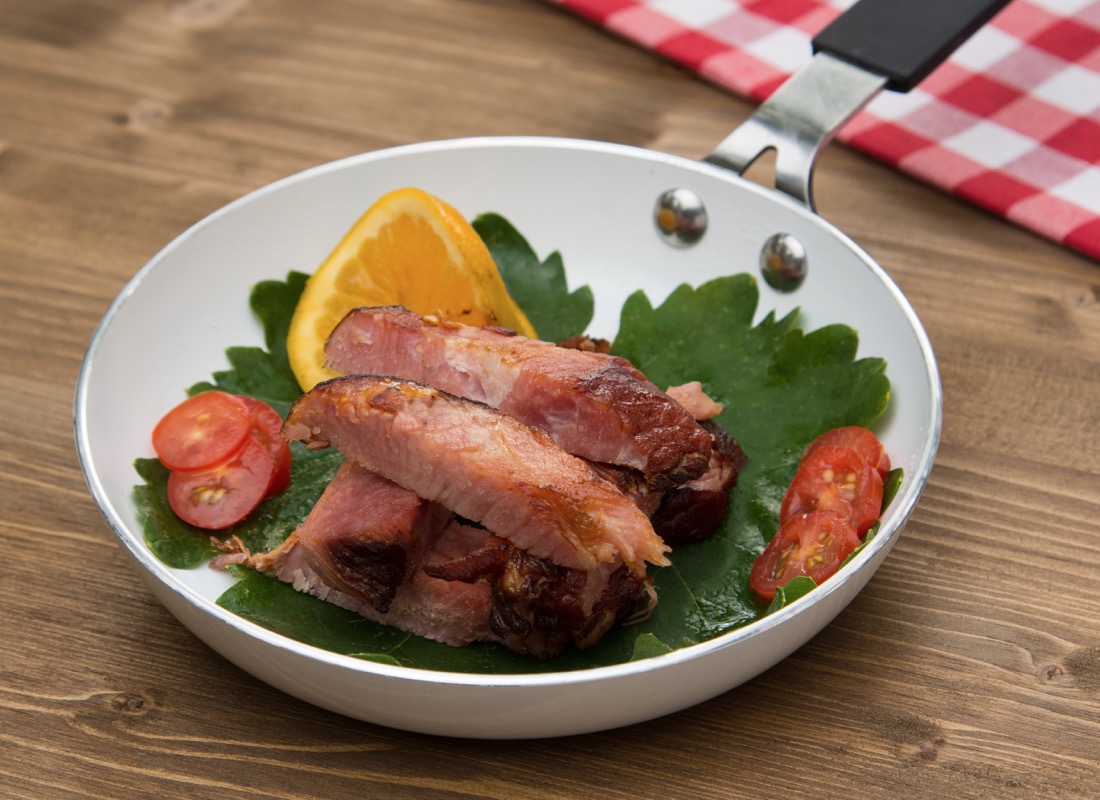Ladotyri cheese from Mytilini PDO
Mytilene is a large island noted for its excellent olive oil and production of sheep milk. The island has a tradition for exceptional ladotryi (oil cheese); a special cheese preserved in oil. The ladotyri of Mytilene is a hard cheese, white to yellow-white in color with small holes. It has a strong salty taste (it is rubbed in sea salt) and pleasant aroma. Formed in cylindrical moulds, it has a hard and dry skin. It is a Protected Designation of Origin product made on the island of Lesbos/Mytilene with sheep’s milk or with a blend of goat’s milk (not to … Read more
